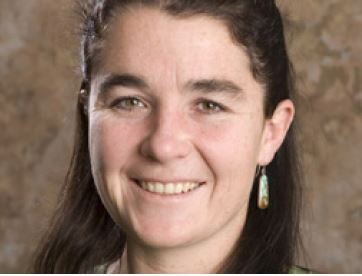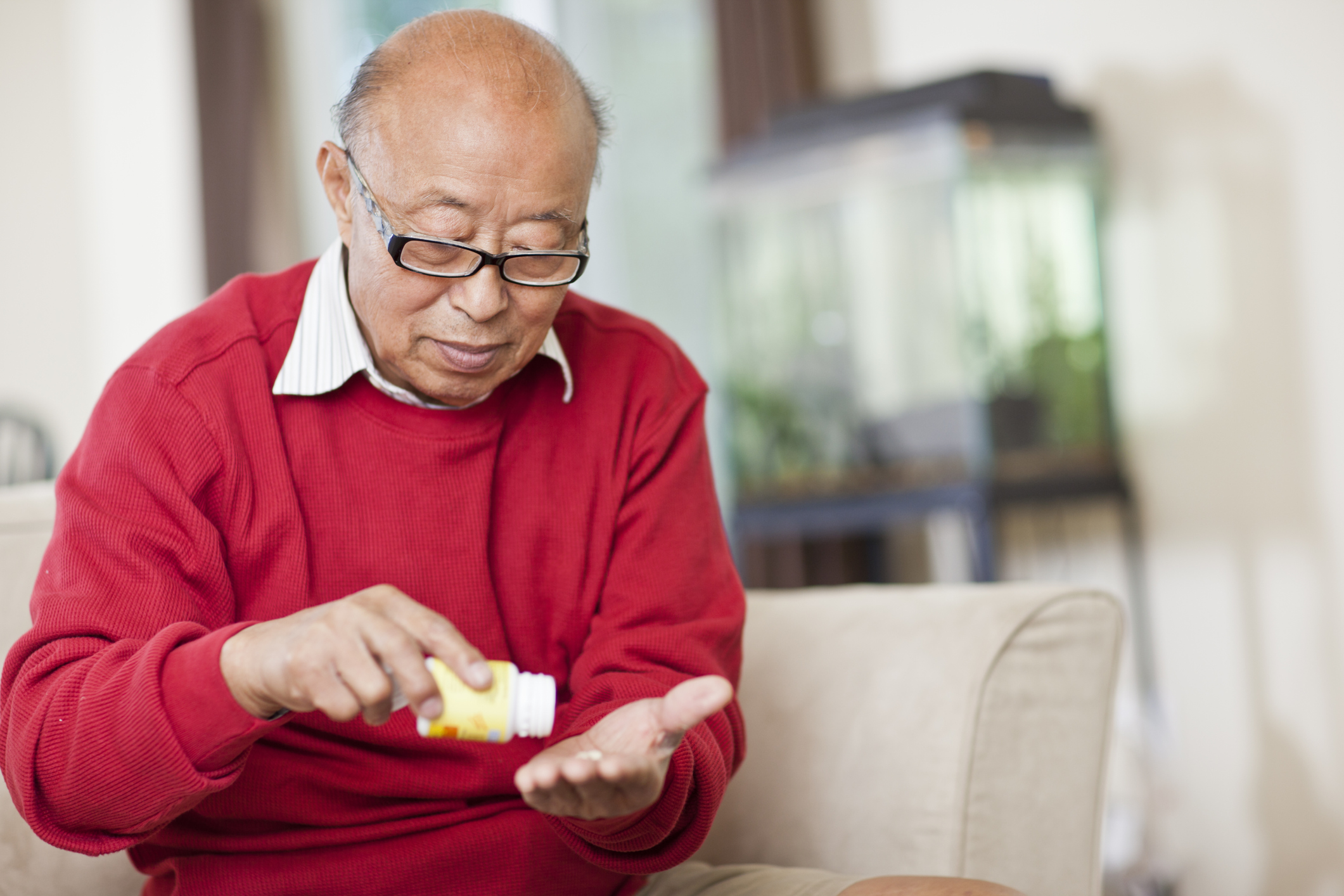An estimated one-third or more of adults ages 60 and older take vitamin D supplements. Yet there’s controversy about its overall benefits. A new study offers some definitive answers. That’s according to two researchers at Sutter Health, including California Pacific Medical Center Research Institute’s (CPMCRI) Dr. Peggy Cawthon, a co-author of the VITAL sub-study on vitamin D and incident fractures. The study – featured in the New England Journal of Medicine (NEJM) – found that taking vitamin D did not reduce risk of fractures in older adults, even in the 25% of participants taking calcium supplements, people with osteoporosis or those whose blood tests deemed them vitamin D deficient.

Peggy Cawthon, Ph.D.
Dr. Cawthon says the study now “questions whether or not there’s too much screening for vitamin D deficiency and whether people without specific risk factors should be taking vitamin D supplements to improve their health.” She advises that doctors and patients look at osteoporosis medications or other interventions that can increase bone density instead.
Dr. Steven R. Cummings, senior scientist at the CPMCRI and executive director of Sutter’s San Francisco Coordinating Center, which focuses on healthy aging, co-authored an editorial on vitamin D in the same issue of the NEJM.

Steven R. Cummings, M.D.
He says about the sub-study and larger VITAL trial that “people should stop taking vitamin D supplements in order to prevent major diseases or extend life … the evidence confirms there’s absolutely no effect or benefit.” Only in rare cases would a person need to take a vitamin D supplement, he says.
As stated in the NEJM editorial, Dr. Cummings asserts, “A 25OHD level might be a useful diagnostic test for some patients with conditions that may be due to or that may cause severe [vitamin D] deficiency. Persons living in residential settings with little or no sunlight exposure or those receiving potent treatments for osteoporosis that might cause hypocalcemia, may benefit from vitamin D supplementation; the need for measuring serum 25OHD levels in these groups remains uncertain.”
Dr. Cummings’ alternative approach is simple. He says, “Walking or biking to your nearest supplement store will have greater benefit to your body than buying what’s on the store’s shelves.”





